NATURAL WELLNESS WITH ORGANIC FARMING
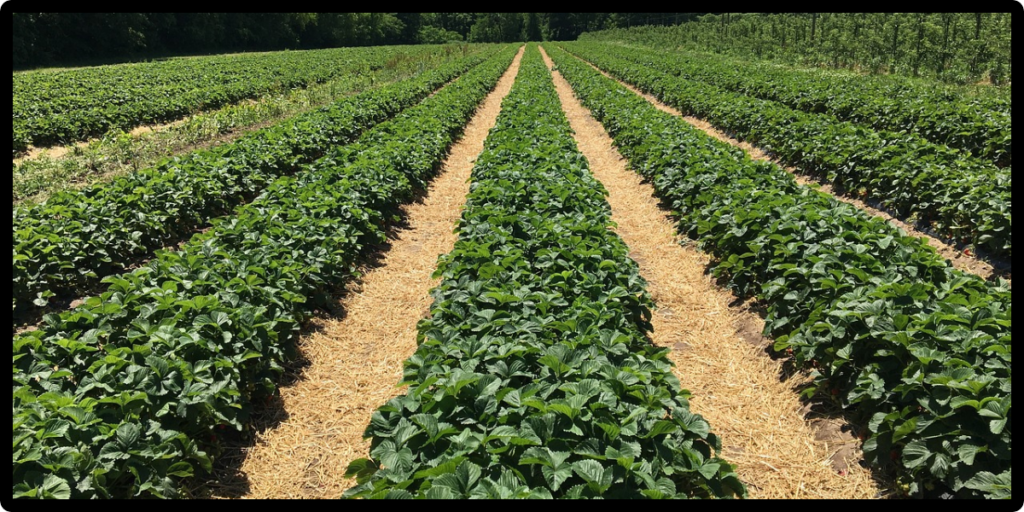
Introduction:
Organic farming has arisen as a ray of hope for both consumers and farmers in a world that is becoming more and more concerned with sustainable living and eco-conscious decisions. Organic farming is inherently a celebration of the natural world, not solely a quest to steer clear of synthetic chemicals and Genetically modified organisms (GMOs). In order to improve soil fertility, manage pests and diseases, and advance the general health of ecosystems, it entails the cultivation of crops and the raising of animals using natural methods and resources.
In this post, we’ll delve into the fascinating world that exists beneath our feet and see how soil health is an essential element of prosperous and long-lasting organic farming approaches.
Some key techniques for organic plant farming:
Here are some key techniques for organic plant farming:
Soil Developing:

- To enhance soil fertility and structure, use organic compost and well-rotted manure.
- To avoid erosion and outbreaks of disease, rotate your crops.
- To enrich the soil with nutrients and organic matter, use green manure cover crops.
- To retain moisture, eliminate weeds, and elevate soil temperature, coat the soil with a thin layer of organic material such as straws, foliage, or grass clippings.
Weed management:
- Use hand cultivation, hoeing, or manual weeding to manage weeds.
- Mulch can be used to prevent weed development.
- To reduce competition for resources, establish optimal spacing between plants.
- For larger-scale operations, consider embracing flame weeding or mechanical nurturing tools.
Biological Control of Insects and Disease:
- Encourage beneficial insects and creatures that attack or parasitize pests.
- Plant pest-repelling or pest-suspicious companion crops.
- Protect plants from insects by using obstructions like row covers.
- When essential, sparingly use natural pest control techniques like neem oil, insecticidal soaps, or diatomaceous earth.
- To stop the illness from spreading, cut off and destroy the afflicted plant components.
Management of nutrients:
- To determine nutritional inadequacies, do a soil test. Using the results, amend the soil with organic fertilizers, including compost, bone meal, blood meal, or fish emulsion.
- When plants exhibit indicators of nutritional deficits, use foliar feeding using organic nutrient solutions.
- To stop nutrient runoff and soil deterioration, avoid overfertilizing.
Management of Water:
- Reduce water waste by employing efficient irrigation techniques like drip irrigation or soaker hoses.
- Apply organic mulch to help soil moisture stay in place.
- To avoid overwatering or underwatering, manage your irrigation appropriately.
- Rainwater should always be collected for irrigation.
Fostering biodiversity:
- By growing a variety of crops and flowers, you might encourage biodiversity and entice pollinators and helpful creatures.
- Promote bird and other animal-friendly environments designed to help with managing pests.
Planting in conjunction:
- Growing specific plants in close proximity to one another for the purpose of staving off pests or improving soil health is referred to as companion planting. Examples include planting marigolds to deter nematodes or beans to fix nitrogen in the soil.
Crop Selection:
- Choose plant varieties that are well-suited to your specific growing conditions, as healthy plants are more resistant to pests and diseases.
Non-GMO Seeds:
- Use non-genetically modified (non-GMO) seeds to ensure your plants are in compliance with organic standards.
Regular Monitoring:
- Regularly inspect plants for signs of pests, diseases, or nutrient deficiencies, so you can take prompt action if needed.
Organic farming appears to be more than just a farming technique once we uncover the outermost layers to reveal a philosophy rooted in the soil. Organic farming is a viable and sustainable option for both farmers and consumers since it relies so much on the health and vitality of the soil. Organic farming presents a distinct and potential route to a greener, healthier future for agriculture by fostering the soil’s microcosm, embracing nutrient cycling, and maintaining an accent on biodiversity.
Benefits of organic farming:
Organic farming offers a wide range of benefits, not only for farmers but also for consumers, the environment, and society as a whole. Here are some of the key benefits of organic farming:

Environmental advantages:
- Reduced Chemical Use: Synthetic pesticides, herbicides, and fertilizers—which may harm the environment and unwanted species—are not used in organic farming.
- Better Soil Health: Organic farming techniques, including crop rotation and the use of organic matter, improve the fertility and structure of the soil, fostering long-term soil health.
- Water Conservation: Because of practices like mulching and efficient irrigation systems, organic farming frequently calls for less water than conventional agricultural methods.
- Promotion of biodiversity: Organic farms frequently grow an assortment of crops and offer habitat for helpful insects and wildlife, serving to maintain biodiversity.
- Reducing Pollution: Organic farming contributes to a decline in air and water pollution by avoiding synthetic chemicals and supporting ethical practices.
Economic advantages:
- Opportunities in the market: Organic goods sometimes fetch higher prices, which might boost farmers’ revenues.
- Reduced Reliance on Synthetic Inputs: While switching to organic farming may involve an initial expenditure, over time, it may result in cost savings.
- Market Stability: Since the prices of organic products are usually stabilized, organic farming can provide farmers with more steady pricing.
Health Advantages:
- Pesticide-Free: Organic produce is farmed without synthetic pesticides, lowering consumer exposure to possibly harmful substances.
- Nutritional Value: According to some research, organic fruits and vegetables may include a greater variety of vitamins, minerals, and antioxidants.
- Non-GMO: Since genetically modified organisms (GMOs) are not allowed in organic farming, customers have access to non-GMO food options.
Community Benefits:
- Local Economies: Organic farms often operate on a smaller scale and can contribute to the economic vitality of local communities.
- Support for Sustainable Agriculture: Organic farming serves as a model for sustainable agriculture practices that can benefit communities by preserving natural resources for future generations.
Ecological Defense:
- Carbon Sequestration: Organic farming methods like cover crops and less tillage may store carbon in the soil, which lessens the effects of climate change.
Transparency and responsibility:
- Regulations and certification processes governing organic farming call for transparency and responsibility in agricultural activities. This gives customers assurance that the goods they buy adhere to specific criteria.
- Organic systems often demonstrate greater resilience to extreme weather events and changing climatic conditions due to healthier soils and diverse cropping systems.
Its benefits make it an attractive choice for farmers and consumers looking to support more environmentally friendly and healthier food production systems.
Challenges faced by organic farming in the modern era:
While organic farming offers numerous benefits, it also faces several challenges in the modern age. These challenges can make it difficult for organic farmers to compete with conventional farming systems. Here are the challenges faced by organic farming in the contemporary world:
- Lower Yields: When compared to conventional farming, organic farming usually results in lower crop yields. This may be brought on by a shortage of synthetic fertilizers and pesticides, which, under certain conditions, could hinder productivity.
- effort-intensive: Organic farming methods like hand weeding and pest control may require more effort, raising labor costs and perhaps making it more difficult to locate trained labor.
- Costs of certification: For farmers, particularly small-scale cultivators, obtaining and maintaining organic certification can be expensive. The price may increase the financial strain on organic producers.
- Market competition has been fiercer as more significant firms have entered the organic industry. Smaller-scale, traditional organic producers might struggle as a result.
- Price Premiums: Despite the fact that organic goods often go for more money, these premiums may not always be enough to offset the higher expenditures and less fortunate yields that accompany organic farming.
- Limited Availability of Organic Inputs: Organic farming requires a certain set of inputs, such as organic pesticides and fertilizers. Farm profitability may be subject to changes in these inputs’ costs and availability.
- Management of Pests and Diseases: Organic farming relies on integrated pest management methods, which could not always offer sufficient defense against specific Pests and Diseases, resulting in Crop Losses.
- Consumer Myths: Some customers may hold false beliefs about organic farming, claiming that it entails the absolutely free use of pesticides or higher nutritional standards. Organic farmers may find it challenging to dispel these myths.
- Climate change: For organic farmers, crop management and the stability of yields may present novel issues as a consequence of changing weather patterns and an increase in severe weather.
- Global Trade: Organic methods of farming may not always be supported or tolerated by international trade agreements and laws, making it challenging to export organic products.
- Land Availability: It might be difficult to locate adequate land for organic farming, particularly in metropolitan areas. The affordability and accessibility of land may restrict the growth of organic farming.
IN SUMMARY,
Despite these obstacles, a lot of organic farmers are dedicated to sustainable farming and are coming up with new approaches to solve these problems. In the present era, there are ways to overcome some of these obstacles and further promote organic agriculture, including government assistance, customer demand, and current studies into organic methods of agriculture.

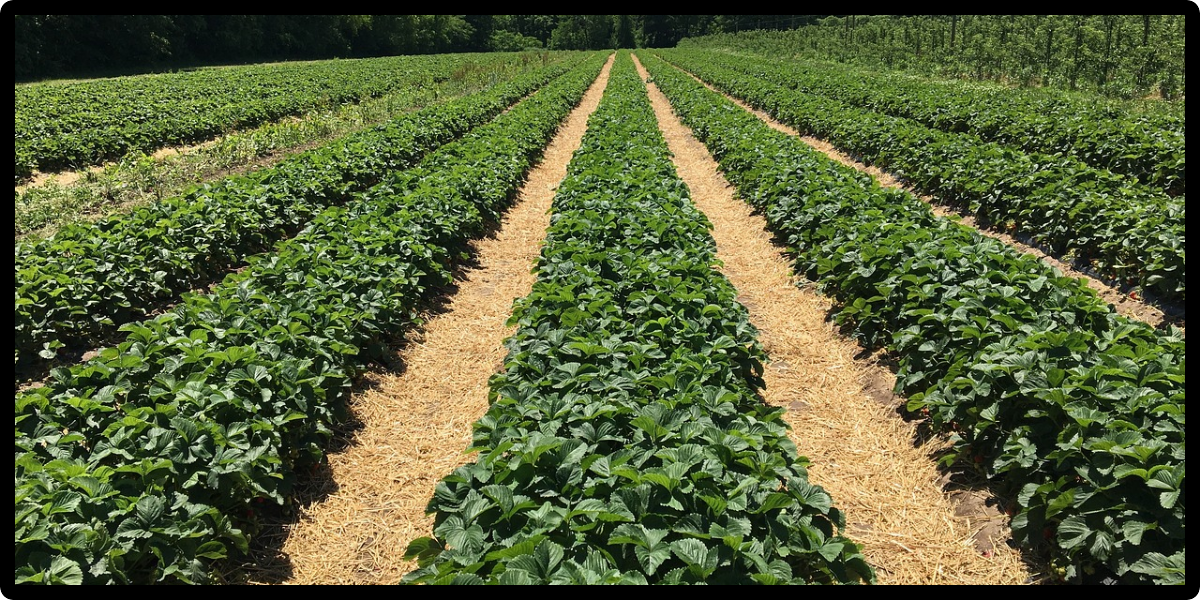
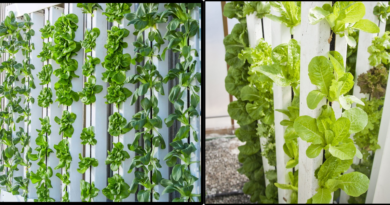
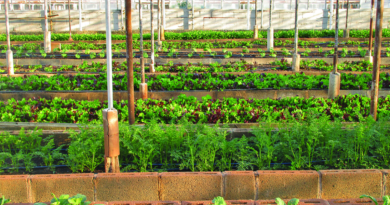
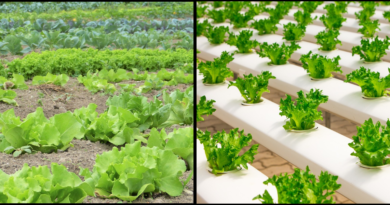
Pingback: Organic Produce and its Health Benefits